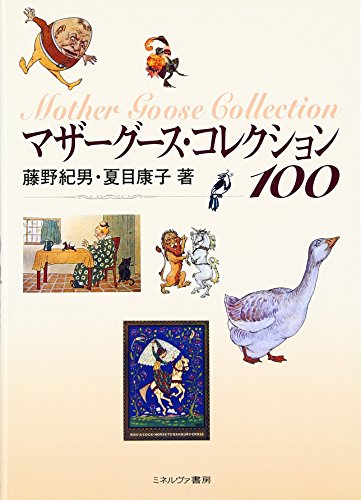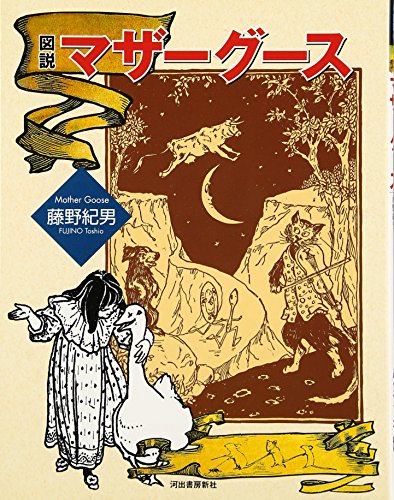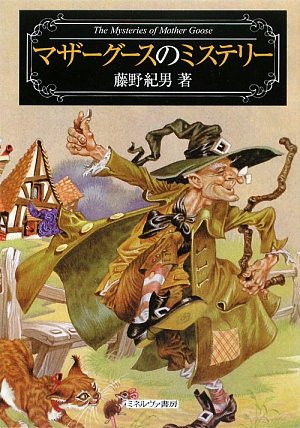5 0 0 0 マザーグース・コレクション100
- 著者
- 藤野紀男 夏目康子著
- 出版者
- ミネルヴァ書房
- 巻号頁・発行日
- 2004
2 0 0 0 OA 竹久夢二とマザー・グースの訳業
- 著者
- 藤野 紀男
- 出版者
- 日本英学史学会
- 雑誌
- 英学史研究 (ISSN:03869490)
- 巻号頁・発行日
- vol.1985, no.17, pp.57-66, 1984-10-01 (Released:2010-02-22)
1 0 0 0 マザーグースのミステリー
1 0 0 0 『幼稚園唱歌』とマザーグース初訳
- 著者
- 藤野 紀男
- 出版者
- 日本英学史学会
- 雑誌
- 英学史研究 (ISSN:03869490)
- 巻号頁・発行日
- vol.1987, no.19, pp.183-191, 1987
It has been a widely accepted notion that Mother Goose nursery rhymes were translated into Japanese for the first time by Yumeji Takehisa toward the end of the Meiji era.<BR>I have, however, been maintaining my opinion that the first translations of those nursery rhymes must have been done much earlier, probably as early as sometime during the middle years of the Meiji period.<BR>Very fortunately I have only recently been able to locate a song book published for kindergarten pupils in the 25th year of Meiji (1892) which contains translations, though in abridged forms, of two nursery rhymes, “the Star” (‘Twinkle, twinkle... ’) and “Kindness” (‘I love little pussy... ’), thus proving my opinion to be correct.
1 0 0 0 OA 『幼稚園唱歌』とマザーグース初訳
- 著者
- 藤野 紀男
- 出版者
- 日本英学史学会
- 雑誌
- 英学史研究 (ISSN:03869490)
- 巻号頁・発行日
- vol.1987, no.19, pp.183-191, 1986-11-01 (Released:2010-02-22)
- 参考文献数
- 7
It has been a widely accepted notion that Mother Goose nursery rhymes were translated into Japanese for the first time by Yumeji Takehisa toward the end of the Meiji era.I have, however, been maintaining my opinion that the first translations of those nursery rhymes must have been done much earlier, probably as early as sometime during the middle years of the Meiji period.Very fortunately I have only recently been able to locate a song book published for kindergarten pupils in the 25th year of Meiji (1892) which contains translations, though in abridged forms, of two nursery rhymes, “the Star” (‘Twinkle, twinkle... ’) and “Kindness” (‘I love little pussy... ’), thus proving my opinion to be correct.
1 0 0 0 竹久夢二とマザー・グースの訳業
- 著者
- 藤野 紀男
- 出版者
- 日本英学史学会
- 雑誌
- 英学史研究 (ISSN:03869490)
- 巻号頁・発行日
- vol.1985, no.17, pp.57-66, 1985



